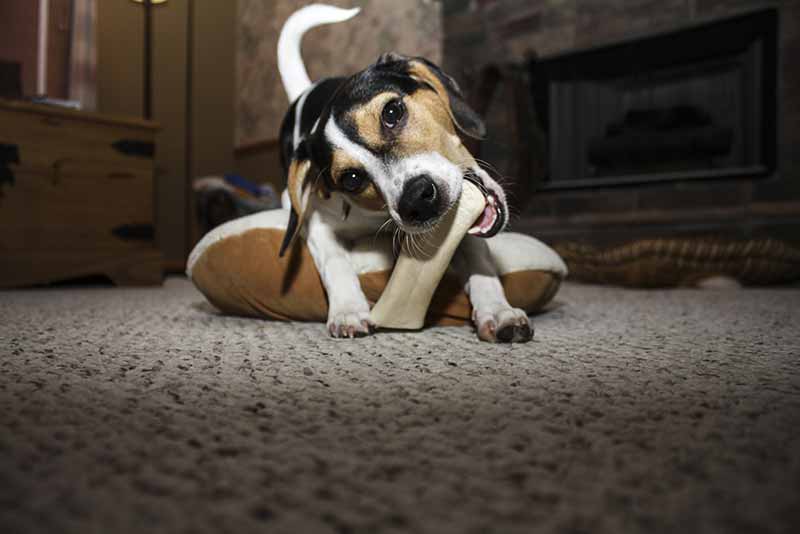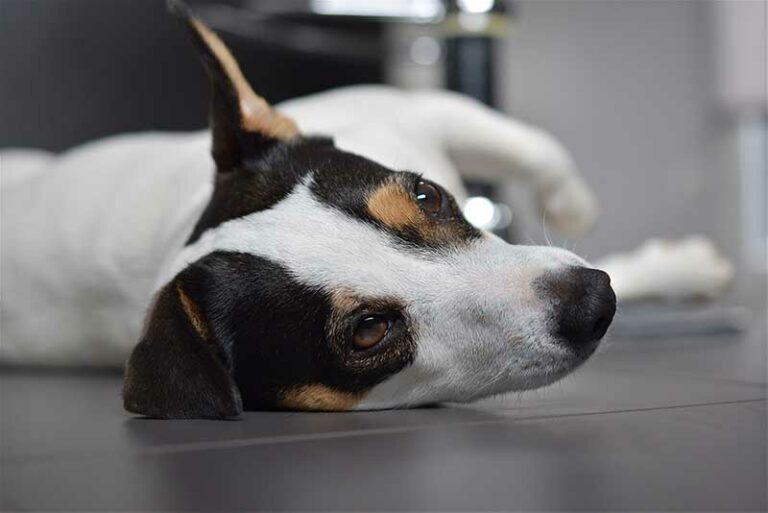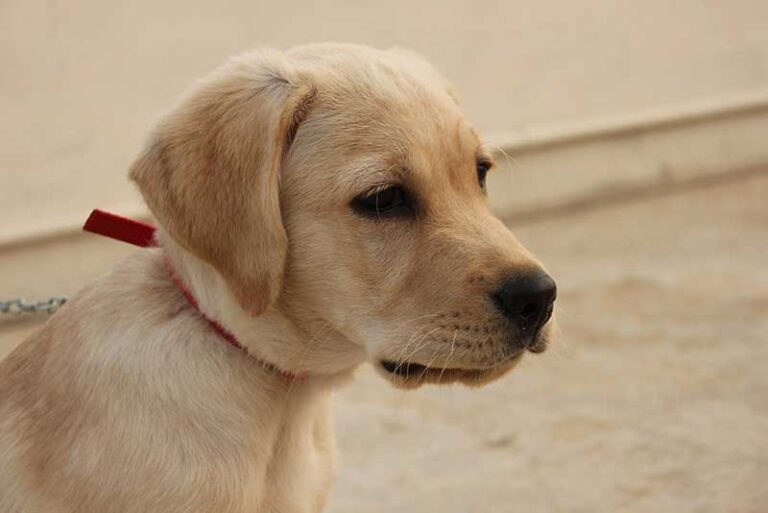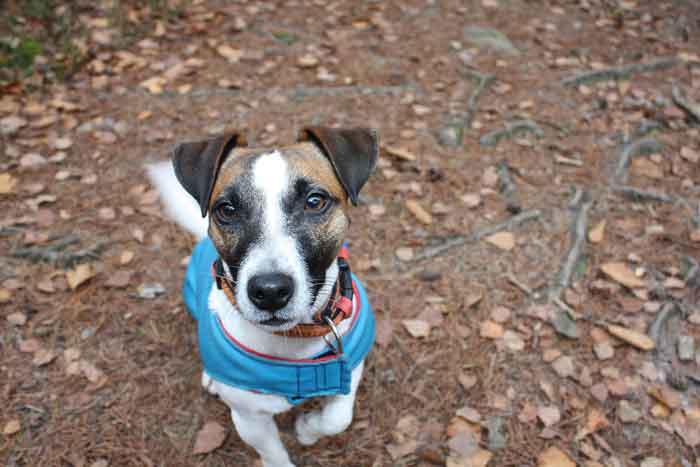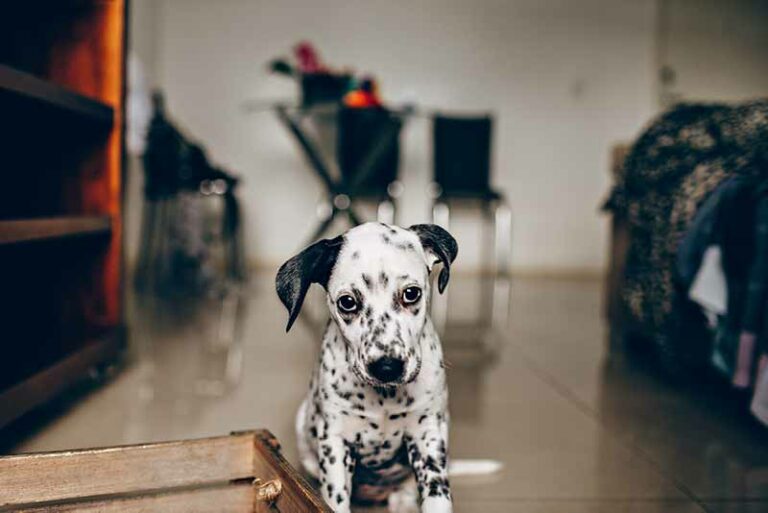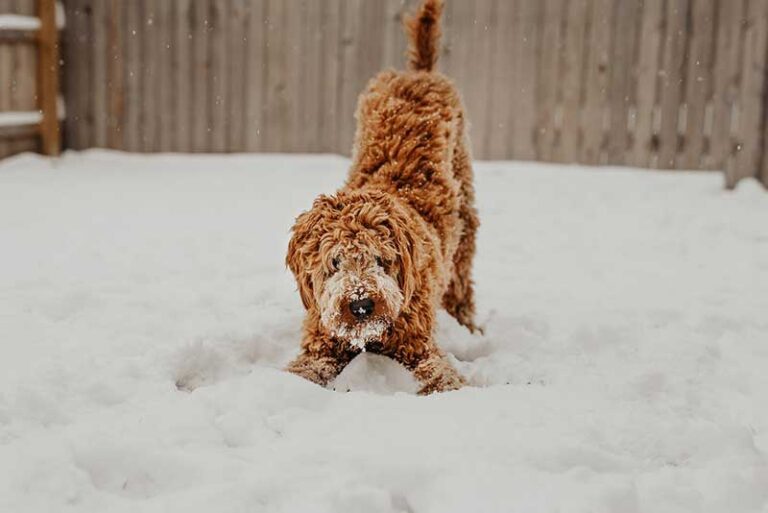My Dog Swallowed Dental Chew; What Will Happen Now?
A significant issue for many dog owners is their beloved dog’s dental health. Lousy breath, fractured teeth, tartar accumulation, and bleeding gums are some problems that affect a dog’s dental hygiene. So as a great solution, many introduce their dog to dental chews to help gum and teeth. But fear of many pet owners is what if they swallow the dental chews? Is it okay?
Well, what happens when your dog swallowed dental chew as a whole? If it is non-edible dental chew, then it is an emergency. Even if it is edible, it should be swallowed after chewing thoroughly. Or else it can result in choking, blockage, or even irritation.
So what takes place when a dog swallowed dental chew as a whole? Are dental chews supposed to be swallowed? Do they dissolve? Can they make dogs sick? Stay with me, and let’s find out!
What happens if a dog swallowed dental chew as a whole?
Dental chews are of different kinds. Some are edible, and some are not. If it is non-edible, it definitely should not be ingested.
If edible, your dog should first chew it thoroughly before swallowing it. But what if it is not chewed well?
While it can dissolve on its own if there is luck, several adverse outcomes could happen. Let’s check them one by one.
- Choking
These chews are not meant to be consumed as a whole. If that happens, there is a chance it will get stuck in the throat, making your dog unable to breathe. Immediately vet care or surgery is needed.
- Blocking
Dental chews are adequately broken down by enzymes in a dog’s system when well chewed. But if not, there is a chance it can get stuck in the intestine or the esophagus, which causes stomach obstruction.
This can mainly happen in small breeds. Your dog will need surgery to remove it in the worst-case scenario.
- Intestinal upset
These can be caused if it is too large and seen as a foreign agent by the body. Also, the ingredients can be a reason. It will cause stomach irritation. This can too require vet care or even surgery.
So to avoid these terrible outcomes, you should make sure your dog chews the dental chews enough.
Watch your dog until he finishes swallowing to ensure there is no sign of choking, obstruction, or irritation. If anything happens, be sure to contact your vet as soon as possible.
Are dogs supposed to swallow dental chews?
As I said, there are edible and non-edible dental chews. If it is non-edible, it should never be swallowed. Even if it is edible, your dog is supposed to chew it thoroughly.
As dogs tend to swallow it whole, make sure you buy a larger size. Your dog swallowed a dental chew without chewing when it is too small.
Then it would be useless and might even result in the above hazards. Also, do not get a considerable size because it might be hard for your dog to bite, and breaking large chunks could get stuck in the throat.
Do dog dental chews dissolve?
Yes, if it is edible, it is made to be dissolved. These are made from compressed starch. Initially, they are challenging, but it becomes soft when it’s chewed well.
So for it to dissolve, your dog has to chew it thoroughly. If you want, you can slightly soften it before giving it to your dog by putting it in warm water for a short time.
This way, you can ensure it won’t hurt your dog’s teeth or gums or cause a stomach upset.
Keep in mind that when you give an edible dental chew to your dog, you have to watch him closely and make sure he chews it well and does not swallow large pieces.
Additionally, non-edible chews should never be swallowed! Also, some natural ones like cow hooves, elk antlers, deer antlers, and other chews like ice cubes should be avoided as they are too hard to chew on and are likely to result in broken teeth and choking if swallowed.
Can dental chews make dogs sick?
As I have mentioned, sometimes yes, sometimes no. This depends on your dog’s breed, sensitivity to the ingredients, how hard he chews, the type of chews you choose, and its size.
As I have already stated above, some conditions your dog could suffer from involving dental chews are,
- Choking
- Intestinal obstruction
- Upset stomach
- Irritation
So make sure your dog chews it well before swallowing. Also, be aware of the ingredients those chews are made of.
Some dogs are hypersensitive to some ingredients, so their bodies will be negatively affected if ingested. Some symptoms that can be seen are,
- Diarrhea
- Vomiting
- In severe cases, organ failure.
Also, tooth fractures and gum problems could be caused by too-hard chews, which will cost your dog’s dental health.
Also, partial digestion of the ingredients of the chews, if not chewed well, will result in diarrhea and vomiting too. Some dogs are naturally unable to digest them.
How many dental chews can a dog have a day?
To get straight to the point, ONE is more than enough. Most dental chews are made to be given one for a day or a few times a week.
It is believed that it takes three days to harden tartar, so there is no need to give it too much.
Although one treat a day is enough for an adult dog, it is not suitable for pups because it can be hazardous for them.
Final thoughts
While dental chews are a great way to maintain your dog’s dental hygiene, just like everything else, they also have their wrong side.
Keep in mind to be aware of the size of the chews and the ingredients it is made of. Also, watch your dog closely to make sure he chews it well and does not swallow it whole.
I hope this article will help you for the betterment of your dog’s health so you can make more and more lovely memories with him!
Thank you for reading this post. Stay tuned with Jack Russell Owner for more interesting posts about your favorite dog breed. Have a wonderful day!

